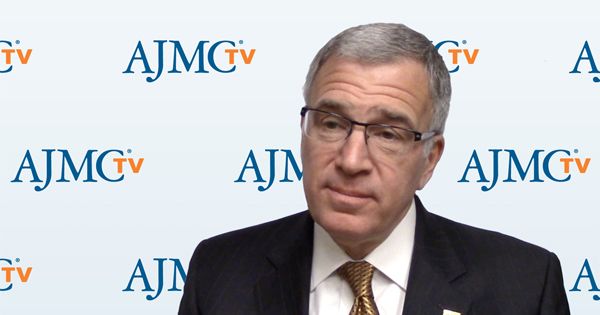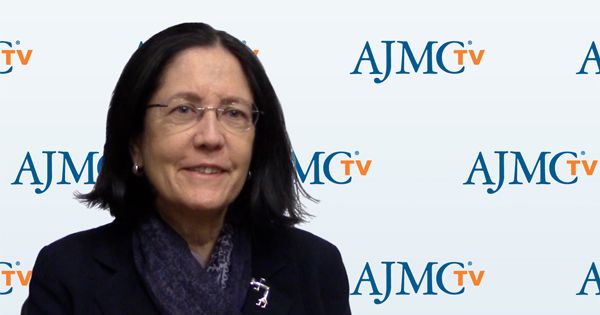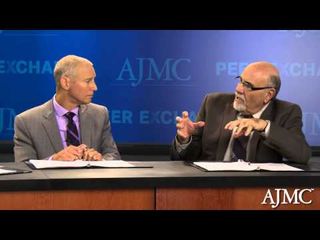
Technology
Latest News
Latest Videos

CME Content
More News

Barbara Balik, EdD, MS, RN, co-founder of Aefina Partners and senior faculty at the Institute of Healthcare Improvement, recognizes the positives and negatives of electronic health records.
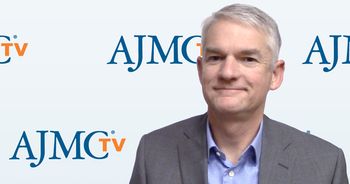
Tom Gallo, president of the Association of Community Cancer Centers, discusses how burnout is on the rise, but being better addressed now, as well as how technology can both contribute to and alleviate burnout.

Finding inefficiencies in operational processes to identify gaps, improve symptom management and adherence, and optimizing value-based care—these are a few of the advantages of implementing technology in the daily operations of a community-based practice. This was the takeaway message from a series of presentations at the Association of Community Cancer Centers' 44th Annual Meeting & Cancer Center Business Summit, March 14-16, 2018, in Washington DC.

Every week, The American Journal of Managed Care® recaps the top managed care news of the week, and you can now listen to it on our podcast, Managed Care Cast.
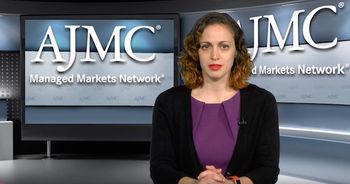
This week, the top managed care stories included Cigna's deal to buy Express Scripts; Seema Verma, Alex Azar, and Scott Gottlieb, MD, made the rounds at health conferences; an analysis finds FDA's accelerated approval pathway has been a success with hematology and oncology drugs.

As billing and insurance-related costs continue to largely contribute to administrative costs in healthcare, electronic health records (EHRs) were proposed as a potential solution to streamline the billing process and cut costs. However, a study in JAMA has found that EHRs do not lower administrative costs.

In healthcare, digital care and telemedicine efforts are mostly viewed as an add-on to US healthcare, but that mindset should be flipped, argued Sean Duffy, CEO of Omada Health, in a piece written for The New England Journal of Medicine, titled “In-Person Healthcare as Option B.”

Brenton Fargnoli, MD, medical director of value-based care and director of product marketing and strategy at Flatiron Health, addresses the issues electronic health records (EHRs) cause and what Flatiron Health can do to make things more efficient.

Value-based care and interoperability continue to progress in the United States, but barriers that limit sharing of clinical information among hospitals, physicians, and health plans remain, according to a study by the Healthcare Financial Management Association (HFMA) and sponsored by Humana.
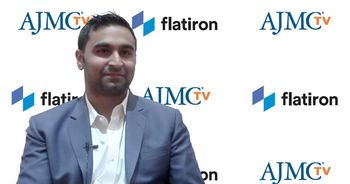
Technology is becoming more prevalent in practice, so it's crucial that practices choose the right technology to deliver care, said Robin Shah, vice president of Provider Marketing and Strategy at Flatiron Health.
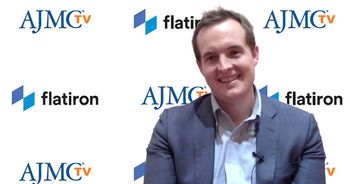
Nat Turner, co-founder and CEO of Flatiron Health, says that clinical research accessibility is one of the biggest barriers in oncology care that Flatiron Health is working to remove.

Despite the high level of hospital adoption of electronic health records and the federal incentives to do so, the most common type of data breach in hospitals occurred with paper records and films.

Coverage of our peer-reviewed research and news reporting in the healthcare and mainstream press.

With adoption of electronic health records around 90%, the Office of the National Coordinator of Health Information Technology is now focusing on increasing usability and interoperability.

The latest technological advances in the healthcare field will provide more accessible, affordable, and efficient healthcare for patients worldwide, according to a discussion at the World Economic Forum Annual Meeting in Davos, Switzerland.

Analysis of randomized controlled trials finds there is not enough proof that wearable biosensors actually improve patient outcomes, such as weight and blood pressure, according to a study by Cedars-Sinai investigators published in npj Digital Medicine.
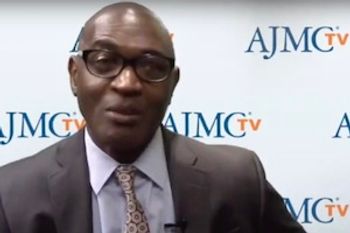
In order to adapt to the Oncology Care Model (OCM), Regional Cancer Care Associates had to undergo the process of adjusting and customizing its electronic medical records, explained CEO Terrill Jordan.

Electronic health record (EHR)-based comorbidity assessment had low sensitivity for identifying major comorbidities and poorly predicted survival. EHR-based comorbidity data require validation prior to application to risk adjustment.

Nearly 40% of US ambulatory care practices are “under-users” of health information technology functionalities, which impacts the ability of the health system as a whole to provide coordinated, efficient care.

Artificial intelligence (AI) can be trained with data sets to recognize patterns and improve healthcare outcomes. But first, healthcare needs to get better at using normal intelligence to solve problems, said panelists at the JP Morgan Healthcare Conference in San Francisco, California.

Draft framework from the Office of the National Coordinator on Health IT seeks to build a single on-ramp to advance interoperability in the United States through the Trusted Exchange Framework.

Coverage of our peer-reviewed research and news reporting in the healthcare and mainstream press.

EBOTM covers challenges with electronic health records to the opportunities for improving the transition to value-based care.
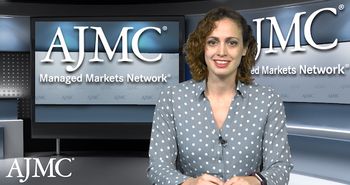
This week, the top managed care stories included the elimination of the Affordable Care Act's individual mandate; a new gene therapy for inherited vision loss that could cost $1 million; and a study found that social isolation can increase the risk of type 2 diabetes.
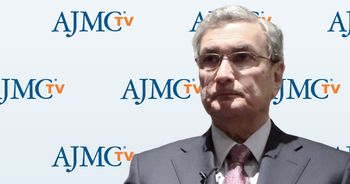
Electronic health records can be used to measure and record how guidelines are being implemented and followed, but more government intervention is needed to regulate electronic health records and set standards, Derek Raghavan, MD, PhD, FACP, FRACP, president, Carolinas HealthCare System's Levine Cancer Institute.
